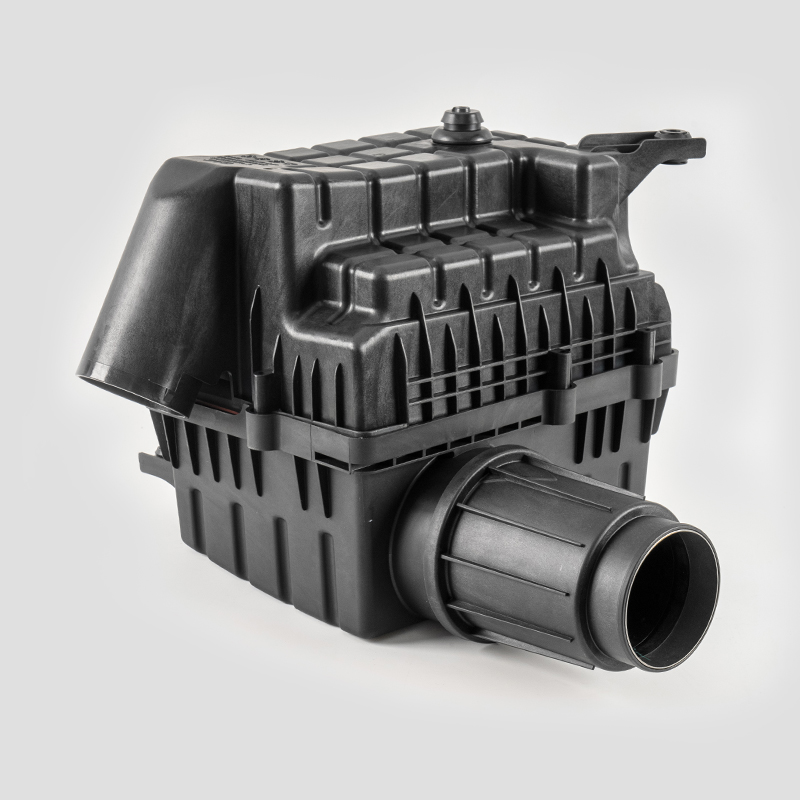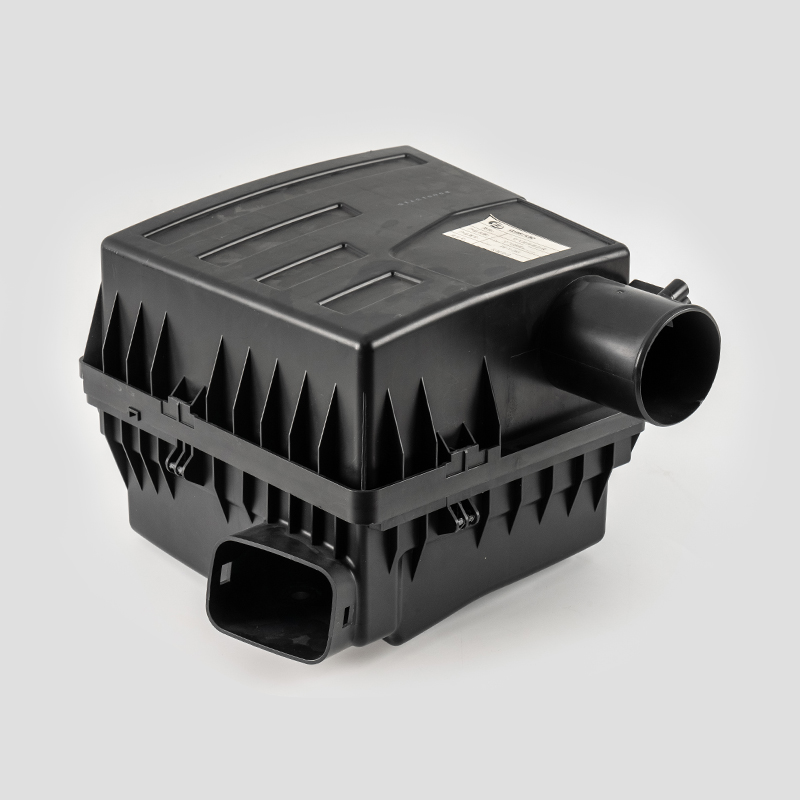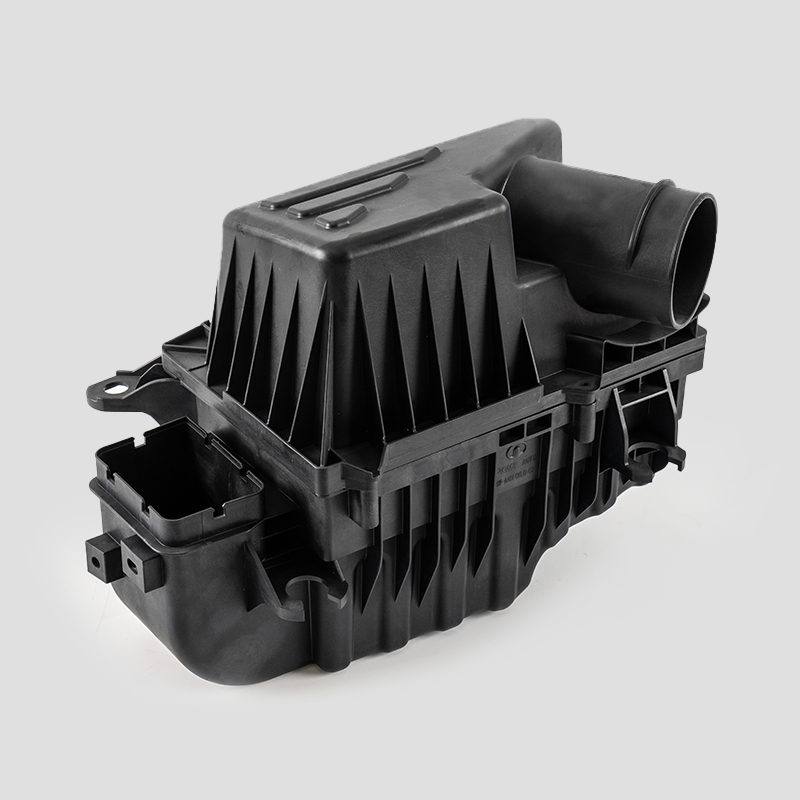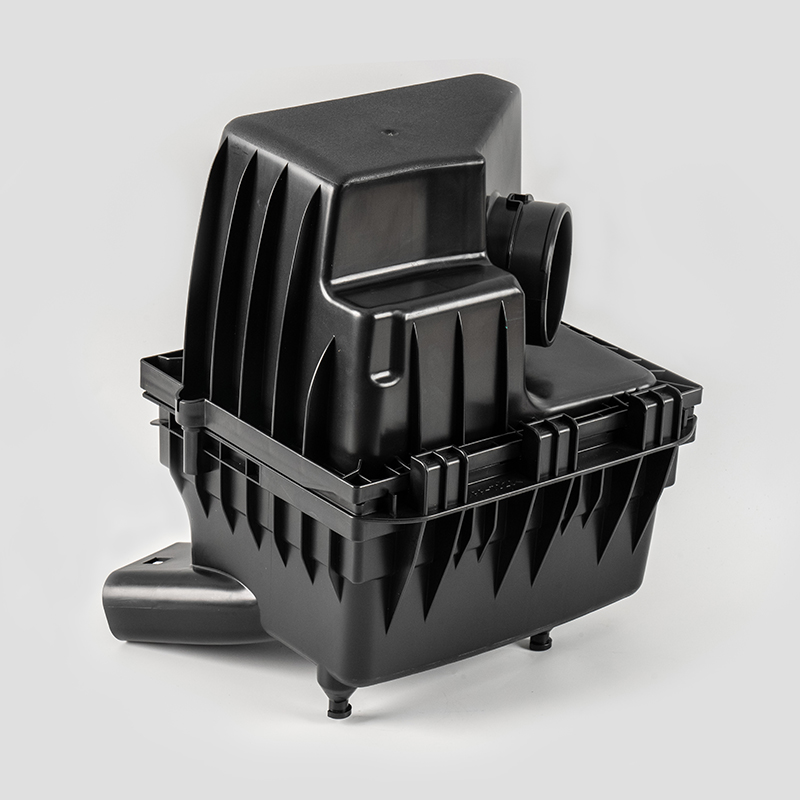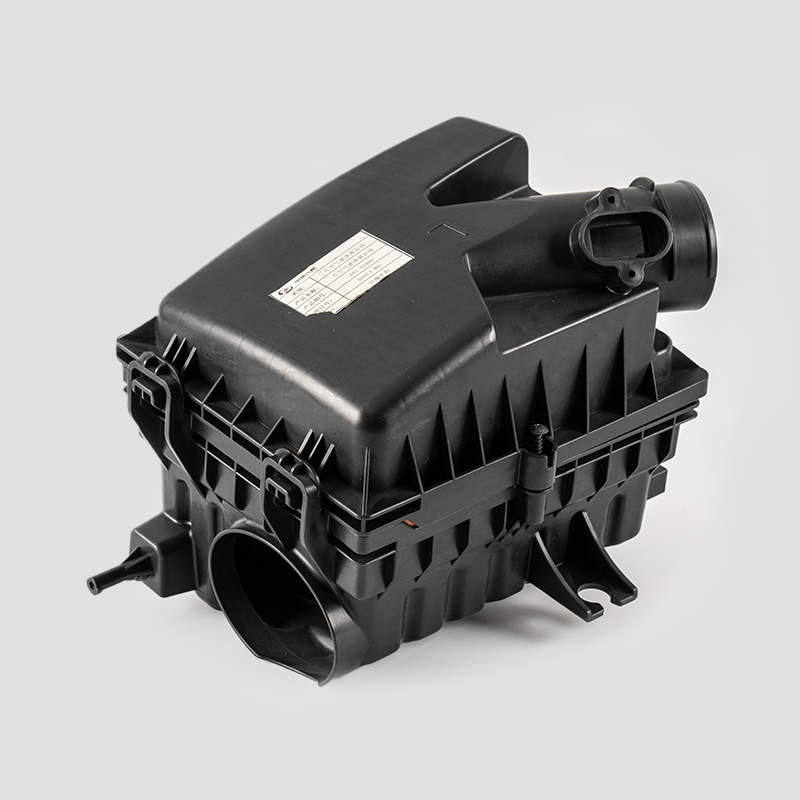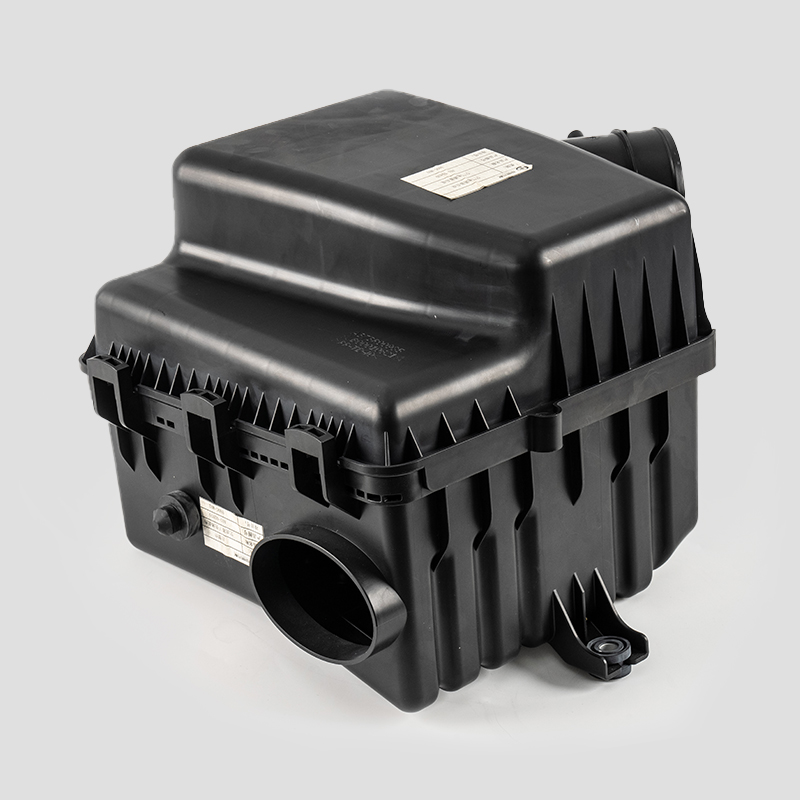What is the primary function of an automotive air filter in a vehicle?
Content
The automotive air filter is an essential component of a vehicle's engine system. Though it may seem like a simple part, its role is crucial to the overall performance and longevity of the engine. The primary function of an automotive air filter is to ensure that the engine receives clean, filtered air to mix with fuel for combustion. This process helps optimize engine performance, fuel efficiency, and emission control while preventing damage to internal engine components. Let’s take a closer look at the importance of the air filter and how it works to keep your vehicle running smoothly.
1. Filtering Contaminants from the Air
The primary task of an automotive air filter is to prevent dirt, debris, dust, leaves, and other airborne particles from entering the engine. When the engine operates, it requires air to mix with fuel in the combustion chamber for the process of internal combustion. Without an air filter, dirt and contaminants can enter the engine, causing various issues.
The air filter acts as a barrier, trapping these foreign particles before they can reach the engine's sensitive components. This ensures that only clean air enters the engine, helping maintain the efficiency and performance of the engine over time.
2. Improving Engine Performance and Fuel Efficiency
The efficiency of an engine is heavily dependent on the quality of the air that mixes with the fuel. When the air filter is clean and functioning properly, it allows the engine to operate at its optimal performance. Clean, filtered air ensures that the right air-fuel mixture is created, leading to better combustion, more power, and smoother engine operation.
On the other hand, a clogged or dirty air filter can restrict airflow into the engine, reducing the amount of air available for combustion. This can cause the engine to work harder, leading to poor fuel efficiency, sluggish performance, and decreased power output. In fact, studies show that replacing a clogged air filter can improve fuel economy by up to 10% in some cases.
3. Preventing Engine Damage
The automotive engine is a complex system, and contaminants like dirt, dust, and other particles can have damaging effects on its components. These particles can cause abrasion, corrosion, and wear on sensitive engine parts such as pistons, cylinders, and valves.
By filtering out harmful particles before they enter the engine, the air filter helps protect the internal components from unnecessary wear and tear. This reduces the likelihood of costly repairs and contributes to the longevity of the engine.
4. Reducing Emissions and Supporting Environmental Regulations
In addition to improving engine performance, a clean air filter plays an important role in reducing vehicle emissions. A well-maintained air filter ensures that the engine burns fuel more efficiently, which leads to fewer unburned fuel emissions. This is particularly important in meeting environmental regulations set by governments to reduce air pollution.
When the air filter is clogged, the engine’s combustion process becomes less efficient, and more harmful pollutants, such as carbon monoxide, nitrogen oxides, and particulate matter, can be released into the atmosphere. By maintaining a clean air filter, you are helping to minimize your vehicle’s environmental footprint and adhere to emission standards.
5. Enhancing Overall Vehicle Reliability
Regular maintenance of the air filter also contributes to the overall reliability of the vehicle. A clean and properly functioning air filter supports smoother engine operation, reduces strain on the engine, and lowers the risk of mechanical failures. Since the air filter is often overlooked, neglecting its maintenance can lead to problems such as engine misfires, poor acceleration, and even engine stalling in severe cases.
6. When to Replace the Automotive Air Filter
The automotive air filter does not last indefinitely, and it requires periodic inspection and replacement to maintain optimal performance. The frequency of air filter replacement depends on several factors, such as driving conditions, the type of vehicle, and the quality of the air in your area.
- Driving Conditions: If you frequently drive in dusty or polluted environments, your air filter may clog more quickly and require more frequent replacement.
- Manufacturer Recommendations: Most vehicle manufacturers recommend replacing the air filter every 12,000 to 15,000 miles, but this can vary depending on your vehicle model.
- Signs of a Dirty Air Filter: If you notice a decrease in engine performance, reduced fuel economy, or strange engine sounds, it may be time to check or replace the air filter.




 English
English Español
Español عربى
عربى